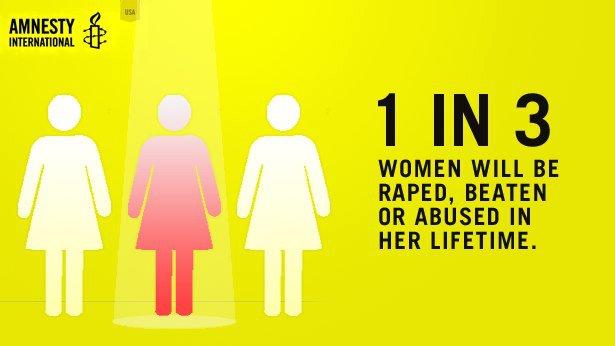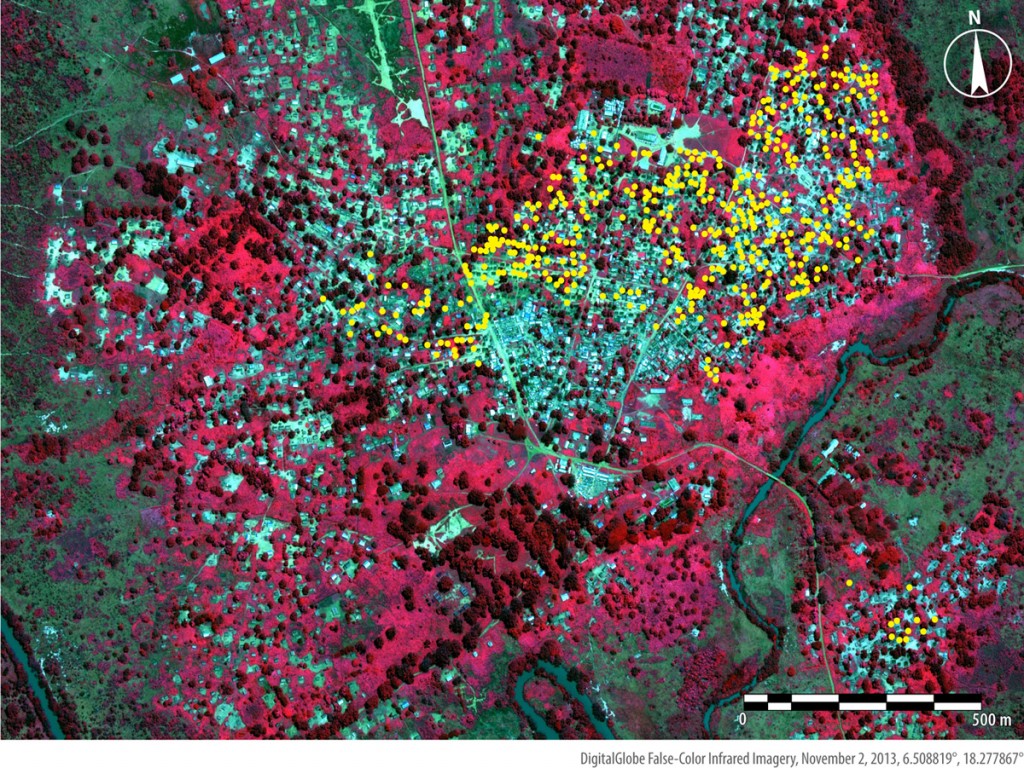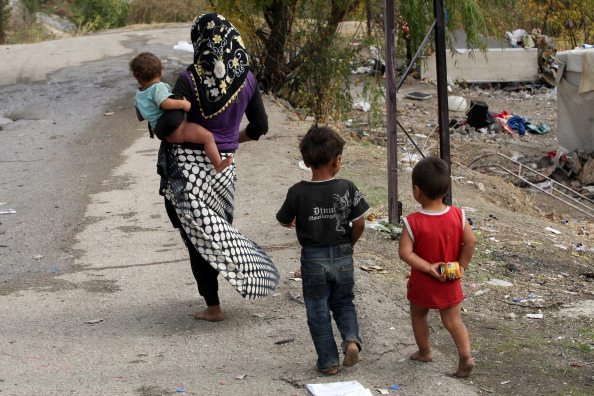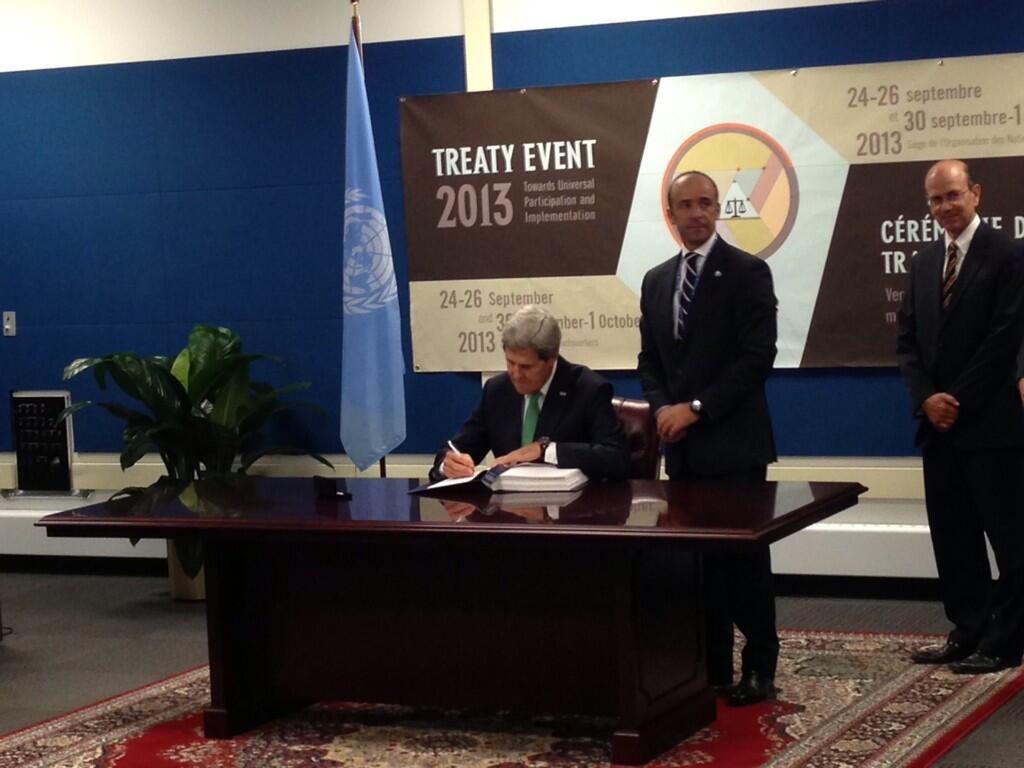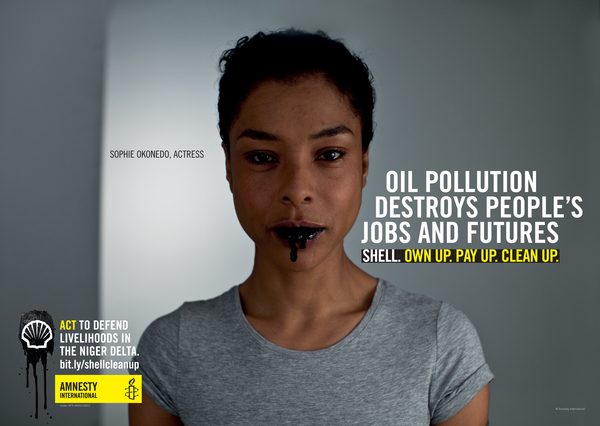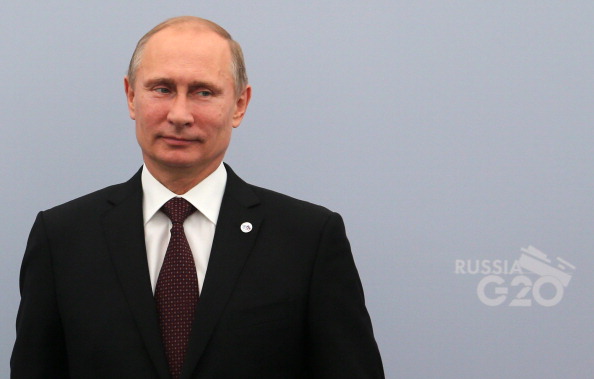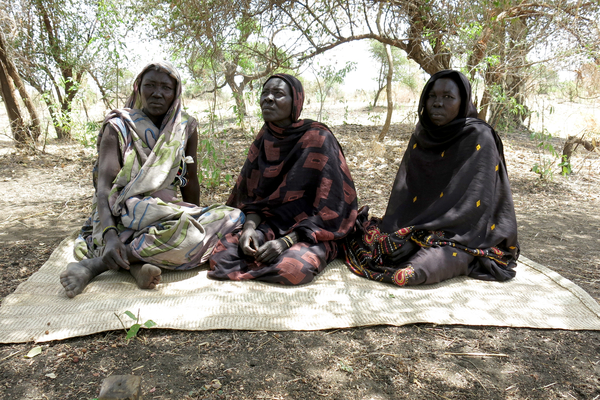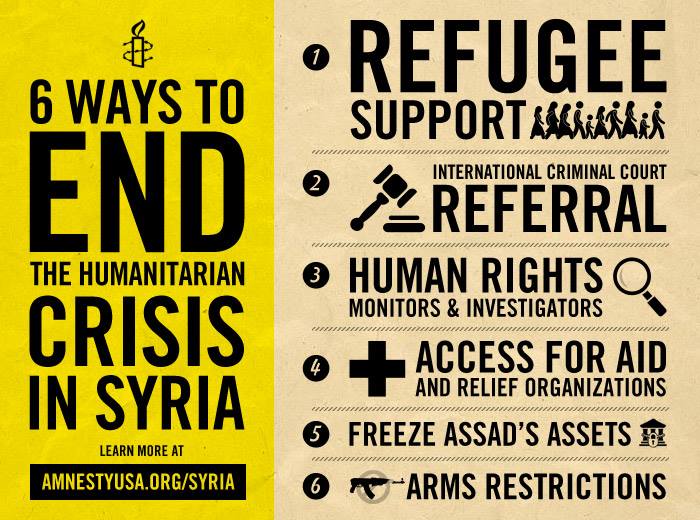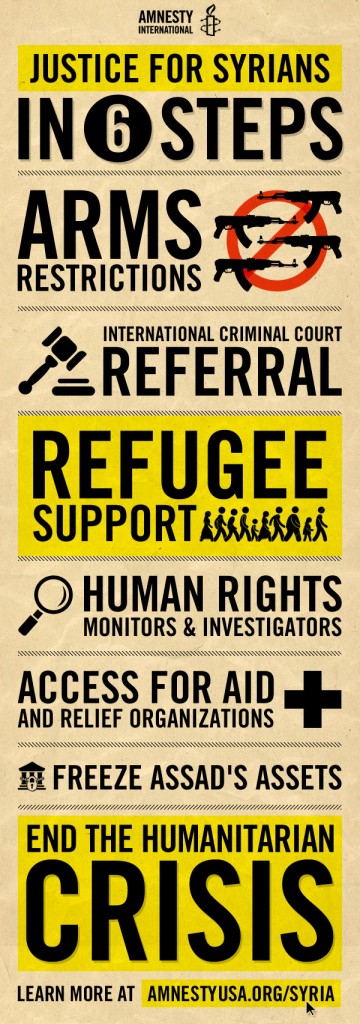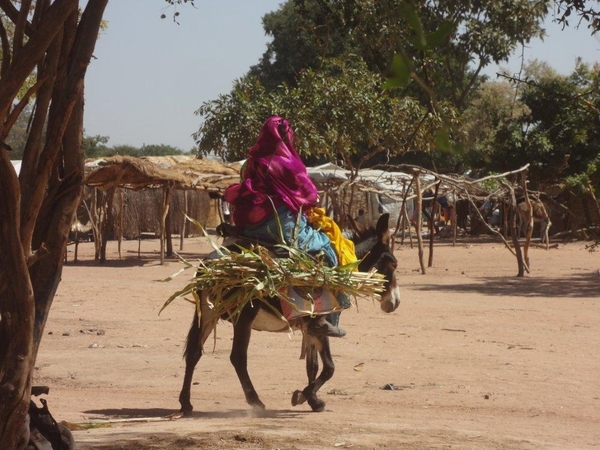
At least 50,000 refugees have arrived in Chad in 2013, joining 250,000 who have already been here for the past decade © Amnesty International.
By Alex Neve, Secretary General, Amnesty International Canada
Fighting is raging between various ethnic groups on the Darfur side of the border of the Chad/Sudan border, particularly between two Arab tribes, the Salamat and Misseriya, who have been allies in the past. More villages are being attacked and left in ruins. That means more people killed and injured. It also means more women and girls being raped, though it is as of yet impossible to get a clear read on how widespread that has become. Homes and businesses are being set on fire and destroyed. Looting and theft, of livestock and personal property, is pervasive.
And tens of thousands of people are on the move. More than 30,000 have left Darfur and crossed over into Chad as refugees since the beginning of the year, the highest number to flee in years. Some have settled in refugee camps, others remain dispersed near the border.
